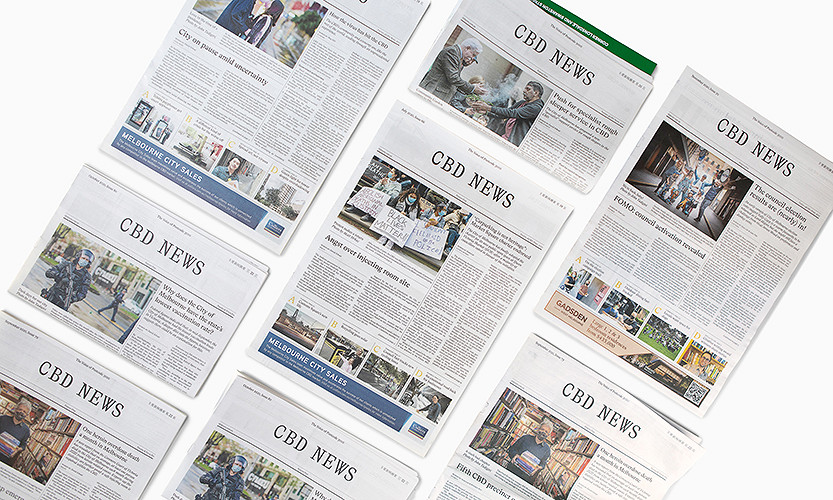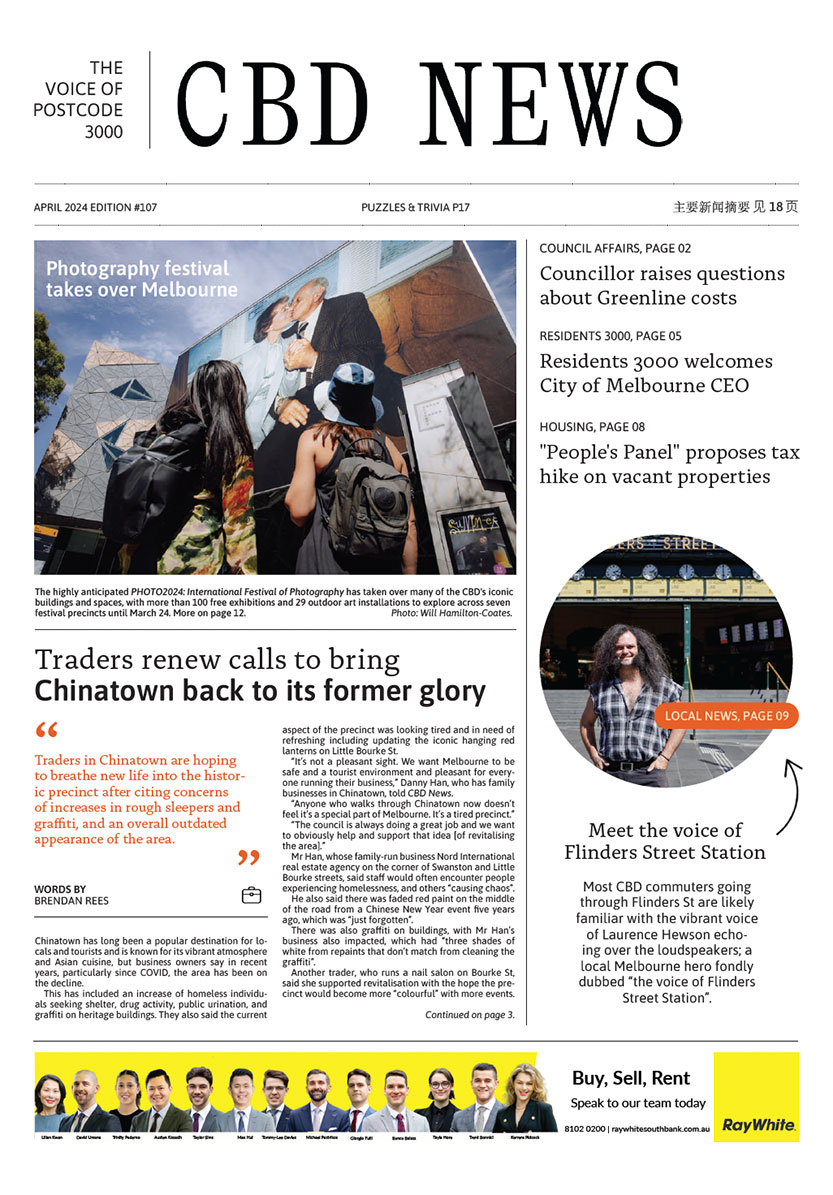A relationship first model of care
By Brendan Nottle - Commanding Officer of the Salvation Army Melbourne - Project 614
“You just need to stop feeding the homeless. Just stop now. Close it down.” This was the comment made by a prominent City of Melbourne resident to our cleaner two weeks ago.
Let me give you some context. The local resident was upset because he had found some sandwich wrappers and a coffee cup on the footpath outside his apartment. His response?
It was to raise the matter with a man, Peter*, that had previously been rough sleeping in the City of Melbourne. With a decade of intensive support, Peter is now housed in his own apartment and is employed by The Salvation Army Melbourne as a cleaner.
How were we able to initially connect with a man who was wracked with shame and had totally given up and completely withdrawn from society? It was by simply providing a meal. From that initial contact that was established in a park a connection was built between the person and our team.
Over time, many more meals were provided until the person was able to take up the offer of accommodation. Then came some counselling, some training, and an employment opportunity. Then eventually, the person was able to establish himself in his own one-bedroom unit.
To have a prominent local resident saying, “You must stop feeding the homeless” to a person who had their life completely turned around because of an initial contact over a meal, is a complete anathema.
Peter was rocked by the local resident’s comments because it was this very action that had helped completely transform his life.
At the Salvos, we do not engage in a transactional model of care. That would be to simply hand over a meal or a bag of food or directions to accommodation and that would be the end of the contact. That would be about doing something for a person or to a person.
At the Melbourne Salvos we are deeply committed to a relationship first model of care. This is about, first and foremost, recognising the person for who they are – a human being – just like you and me.
It’s about building a connection. It’s about building trust. It’s about building respect and treating people with dignity. It is actually about, “doing life with” the person, not simplistically doing something for them or to them.
Why do we engage in this model of care? Firstly, because we want to enable the person to have the circumstances, and in fact, themselves be fully transformed. Secondly, we are passionately committed to the relationship first model of care because it actually works and because, in a world that is increasingly fractured, it is desperately needed.
In recent times, I have been connecting with a 38-year-old man, Steven*. Steven had been staying in our cafe overnight because, he told me, he had nowhere else to go. When we found some accommodation for Steven, he was reluctant to take up the offer. I later found out why.
Steven said that he now lived in a one-bedroom flat. He is enjoying being in his own place, but he deeply misses being with friends in the Salvos cafe.
Steven said to me, “Do you know what my biggest, most scary issue is? It’s loneliness. It’s actually killing me. The only time anyone speaks to me is when I go to Coles. The checkout person asks me if I want a receipt, I say, ‘no thanks’, and that’s it. Sometimes I’ll get a takeaway pizza delivered and the delivery guy tells me to have a good week and I say ‘yeah, you too’.”
Then Steven said, “Oh, the only other time I speak with someone is when I catch up with you, Brendan, for a coffee or a meal at the Salvo’s cafe at Bourke St.”
Steven’s story is one of many who are overwhelmed with a deep sense of loneliness. One of the very few times that loneliness is broken for them is when they set foot in the Salvo’s cafe at Bourke St.
Next time you feel inconvenienced by a coffee cup or a sandwich wrapper being left outside your apartment and you do all you can to close a service for the city’s most vulnerable, please remember that you may well be cutting off the final vestige of hope and connection for a cohort who are heartbreakingly disconnected from mainstream society, are overwhelmed with loneliness and simply have no-one or anything else other than the Salvo’s cafe on Bourke St.
*Names have been changed •

Backloading across borders with Transcorp – navigating interstate moves with ease



 Download the Latest Edition
Download the Latest Edition